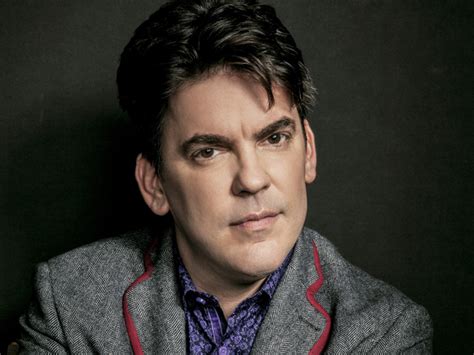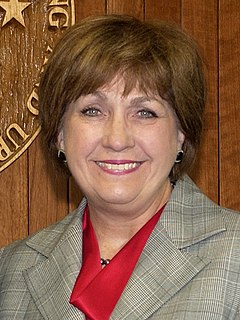A Quote by Mother Teresa
When I pick up a person from the street, hungry, I give him a plate of rice, a piece of bread. But a person who is shut out, who feels unwanted, unloved, terrified, the person who has been thrown out of society - that spiritual poverty is much harder to overcome. And abortion, which often follows from contraception, brings a people to be spiritually poor, and that is the worst poverty and the most difficult to overcome.
Related Quotes
The way to plan the family is natural family planning, not contraception...This (use of contraceptives) turns the attention to self and so it destroys the gift of love in him or her. In loving, the husband and wife must turn the attention to each other as happens in natural family planning, and not to self, as happens in contraception. Once that living love is destroyed by contraception, abortion follows easily . . . And abortion, which often follows from contraception, brings a people to be spiritually poor, and that is the worst poverty and the most difficult to overcome.
I choose the poverty of our poor people. But I am grateful to receive it (the Nobel) in the name of the hungry, the naked, the homeless, of the crippled, of the blind, of the lepers, of all those people who feel unwanted, unloved, uncared for throughout society, people that have become a burden to the society and are shunned by everyone.
When we give help to the poor, we are not doing the work of aid agencies 'in a Christian way'. Those are good, it is a decent thing to do - aid work is good and quite human - but it is not Christian poverty, which St. Paul desires of us and preaches to us. Christian poverty is that I give of my own, and not of that which is left over - I give even that, which I need for myself, to the poor person, because I know that he enriches me. Why does the poor person enrich me? Because Jesus Himself told us that He is in the poor person.
If we are looking for one single action which will enable the poor to overcome their poverty, I would go for credit. Money is power. I have been arguing that credit should be accepted as a human right. If we can come up with a system which allows everybody access to credit while ensuring excellent repayment - I can give you a guarantee that poverty will not last long.
There is little favorable to be said about poverty, but it was often an incubator of true friendship. Many people will appear to befriend you when you are wealthy, but precious few will do the same when you are poor. If wealth is a magnet, poverty is a kind of repellent. Yet, poverty often brings out the true generosity in others.
The greatest disease in the West today is not TB or leprosy; it is being unwanted, unloved, and uncared for. We can cure physical diseases with medicine, but the only cure for loneliness, despair, and hopelessness is love. There are many in the world who are dying for a piece of bread but there are many more dying for a little love. The poverty in the West is a different kind of poverty -- it is not only a poverty of loneliness but also of spirituality. There's a hunger for love, as there is a hunger for God.
As a reporter, you know the tropes of how stories on poverty work in any country. A reporter will go to an NGO and say, "Tell me about the good work that you're doing and introduce me to the poor people who represent the kind of help you give." It serves to streamline the storytelling, but it gives you a lopsided cosmos in which almost every poor person you read about is involved with a NGO helping him. Our understanding of poverty and how people escape from poverty, in any country, is quite distorted.
She lived almost fifty years of her life completely dedicated to the care of the poor and the marginalized. Astonishingly, for those nearly fifty years she identified completely with the poor she served by her own experience of being seemingly unwanted and unloved by God. In a mystical way — through this painful interior "darkness" — she tasted their greatest poverty of being "unwanted, unloved, and uncared for."


































